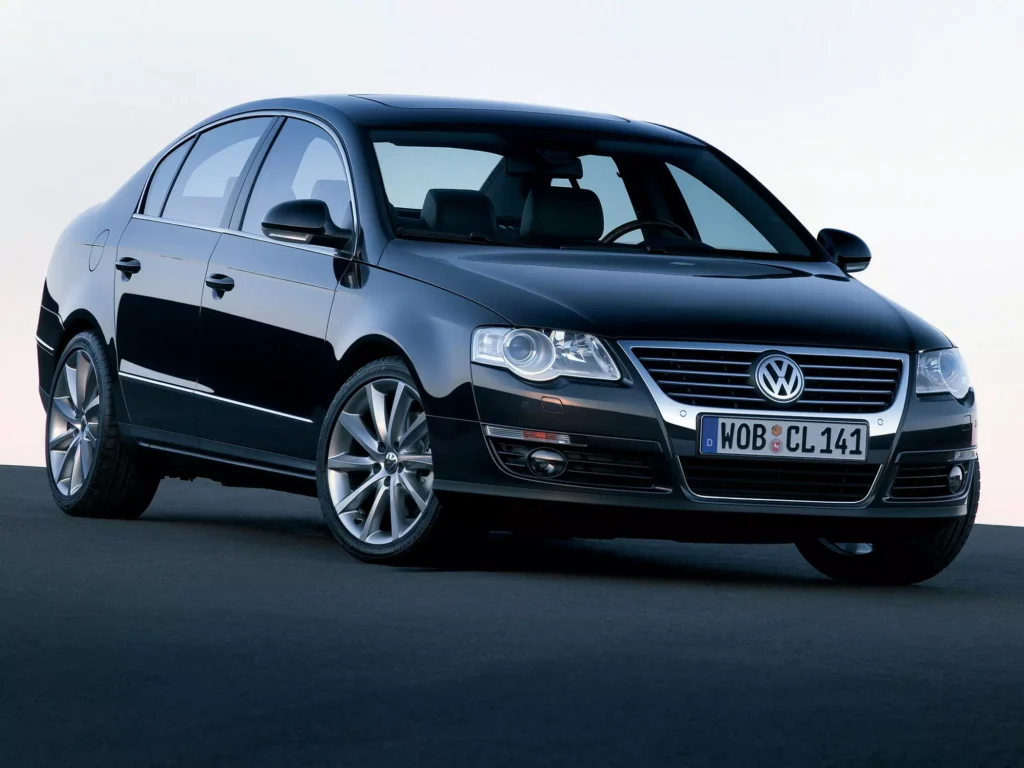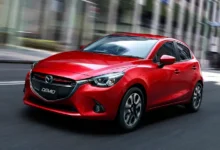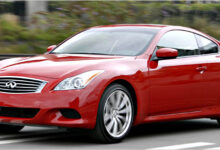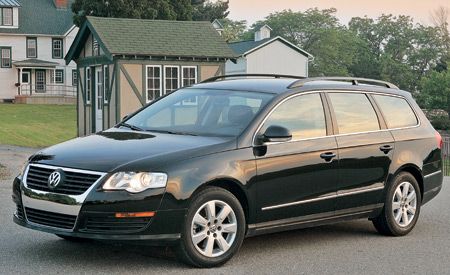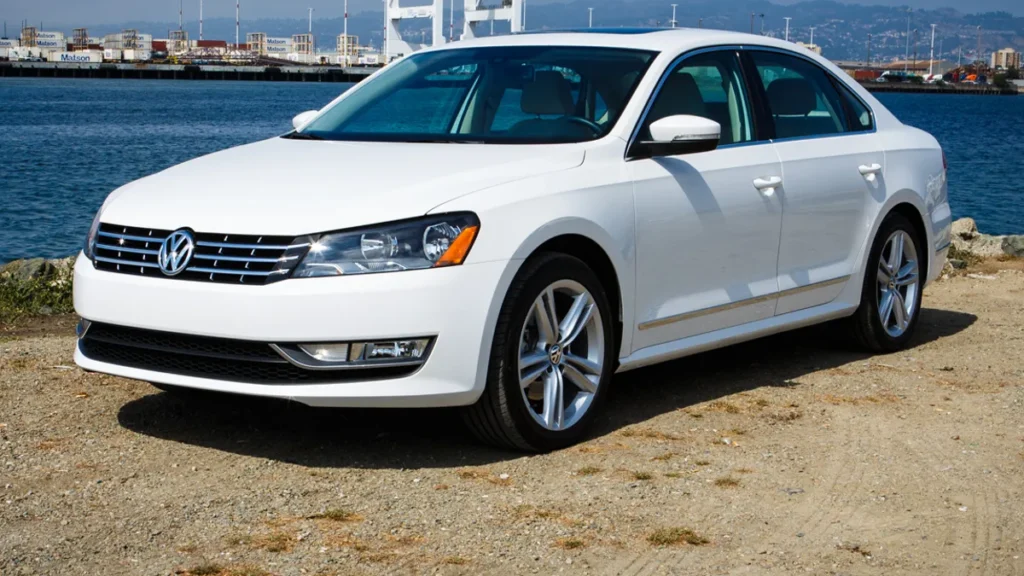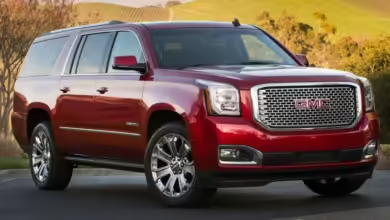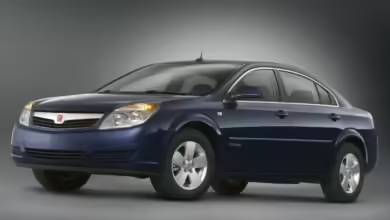Volkswagen Passat Years To Avoid: A Detailed Guide to Problematic Models
What year volkswagen passat to avoid
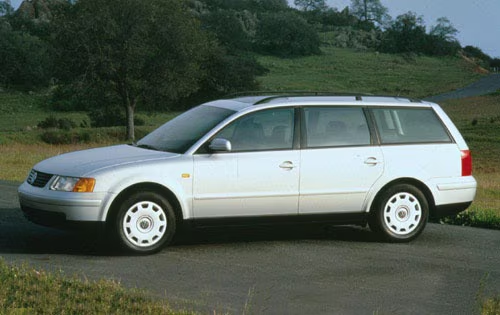
Buying a used car can be an exciting yet daunting experience, especially when it comes to a model as popular as the Volkswagen Passat. Known for its sophisticated design, solid performance, and German engineering, the Passat has been a favorite among car enthusiasts for years. However, not all Passat models are created equal. Some years have stood out for their reliability and performance, while others have been plagued by issues that could turn your dream car into a nightmare.
In this comprehensive guide, we’ll dive into the Volkswagen Passat years you should avoid. From engine troubles and electrical failures to costly repairs and frequent recalls, we’ll explore why certain models earned a notorious reputation. Whether you’re a seasoned car buyer or a first-time shopper, understanding these problematic years can help you make a more informed decision and steer clear of potential headaches. So, buckle up as we take a detailed journey through the highs and lows of the Volkswagen Passat’s history.
Top Volkswagen Passat Years To Avoid
1998-2003: The Early Troublesome Years
The Volkswagen Passat years to avoid are prim
Electrical issues were another common complaint. Ignition coil failures were prevalent, leading to misfires and engine performance problems. Additionally, these models faced problems with the ABS module and various suspension components. The 2003 Passat was particularly problematic with fuel pump failures and fuel tank leaks, prompting numerous recalls. The combination of these issues made these early models a headache for many owners, resulting in frequent trips to the repair shop.
2006: The Year of Electrical Failures
The 2006 Volkswagen Passat was riddled with electrical system failures. Owners reported a wide range of issues, from problems with the car’s wiring harness and ignition coils to complete electrical malfunctions. These problems could cause intermittent failures, leaving drivers str
Beyond the electrical woes, the 2006 model also had significant steering column lock malfunctions and engine issues. The 2.0L engine, in particular, suffered from broken oil pump bolts, which could lead to severe engine damage. These problems often required expensive repairs, making the 2006 Passat a less reliable choice for buyers.
2007: Continuing the Struggles
Much like its predecessor, the 2007 Passat continued to face numerous problems. Electrical issues persisted, with frequent reports of steering column lock malfunctions and overall unreliable electrical systems. Engine problems were also a significant concern, with the same 2.0L engine issues seen in the 2006 model carrying over.
The 2007 Passat also saw recalls for fuel pump failures and brake vacuum line disconnections, which could compromise vehicle safety and performance. These recurring issues made the 2007 Passat another year to avoid for prospective buyers looking for reliability and peace of mind.
2012: Engine and Timing Chain Troubles
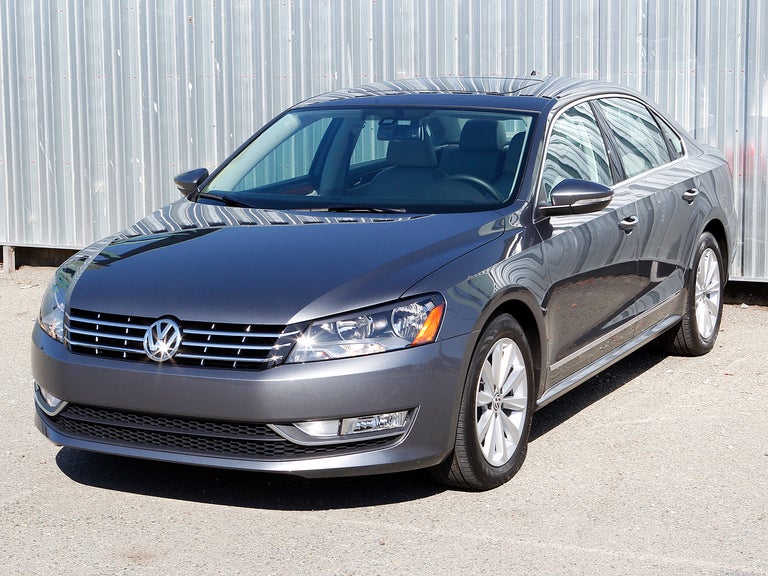
The 2012 Passat was particularly infamous for its engine and timing chain problems. The timing chain tensioner in these models was prone to failure, which could cause the timing chain to slip and potentially result in severe engine damage. Additionally, many owners reported excessive oil consumption, further exacerbating the engine’s reliability issues .
These problems often led to costly repairs and replacements, making the 2012 Passat a risky investment. If you were considering a used Passat from this year, it was crucial to have a thorough engine inspection to ensure the timing chain was in good condition and there were no signs of excessive oil use.
2014: Fuel Pump and Ignition Coil Issues
The 2014 Volkswagen Passat faced its fair share of problems, primarily related to the fuel pump and ignition coil. Many owners experienced premature fuel pump failures, which could lead to engine stalling and poor performance. Additionally, there were numerous complaints about ignition coil failures, causing engine misfires and difficulties starting the car.
These issues often required attention from mechanics, leading to increased maintenance costs and frustration for owners. Ensuring the condition of these components was crucial when considering a 2014 Passat to avoid potential problems down the road
